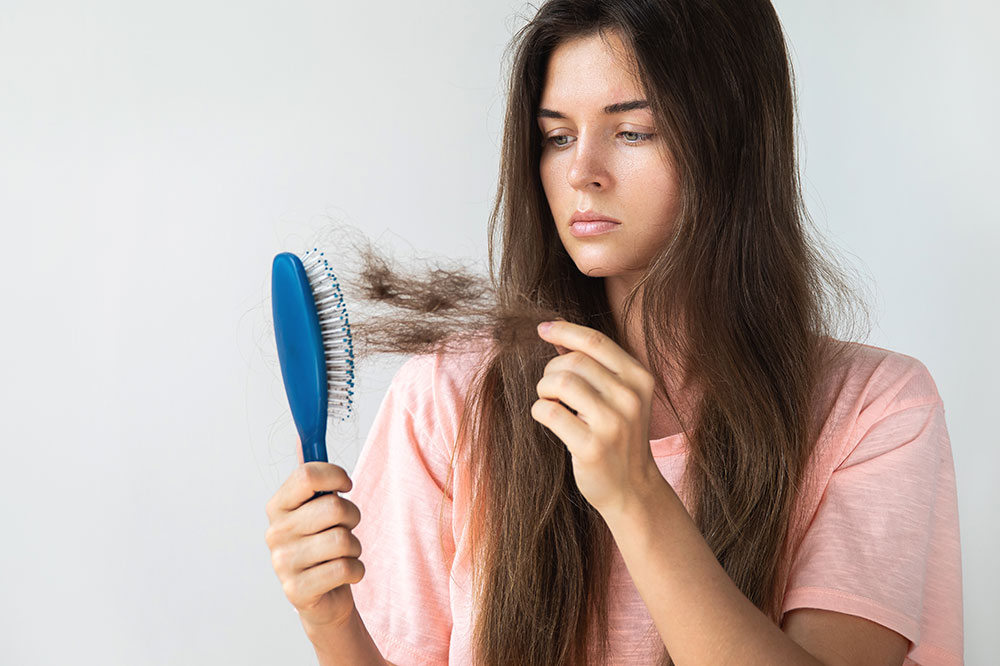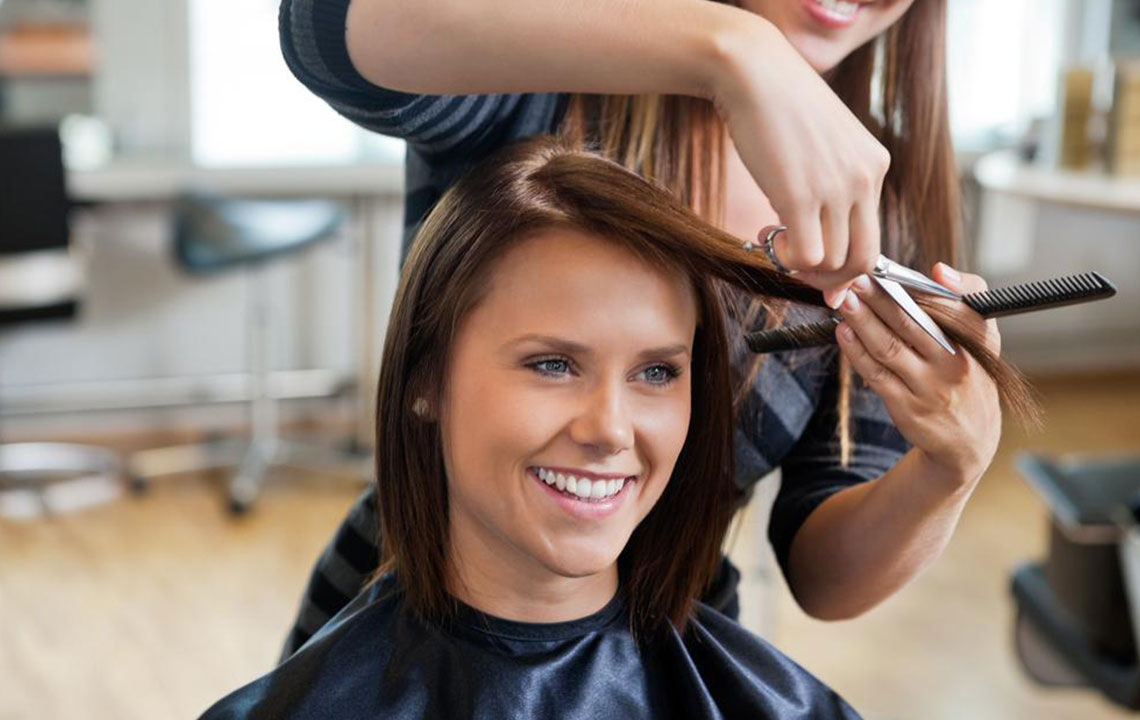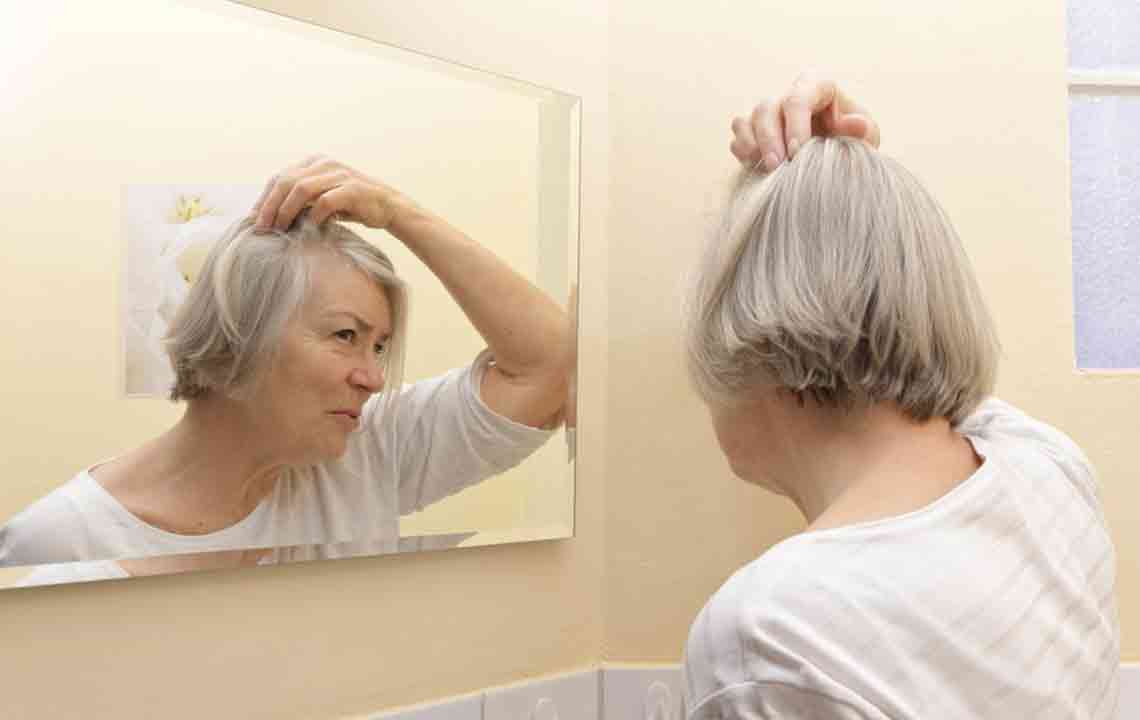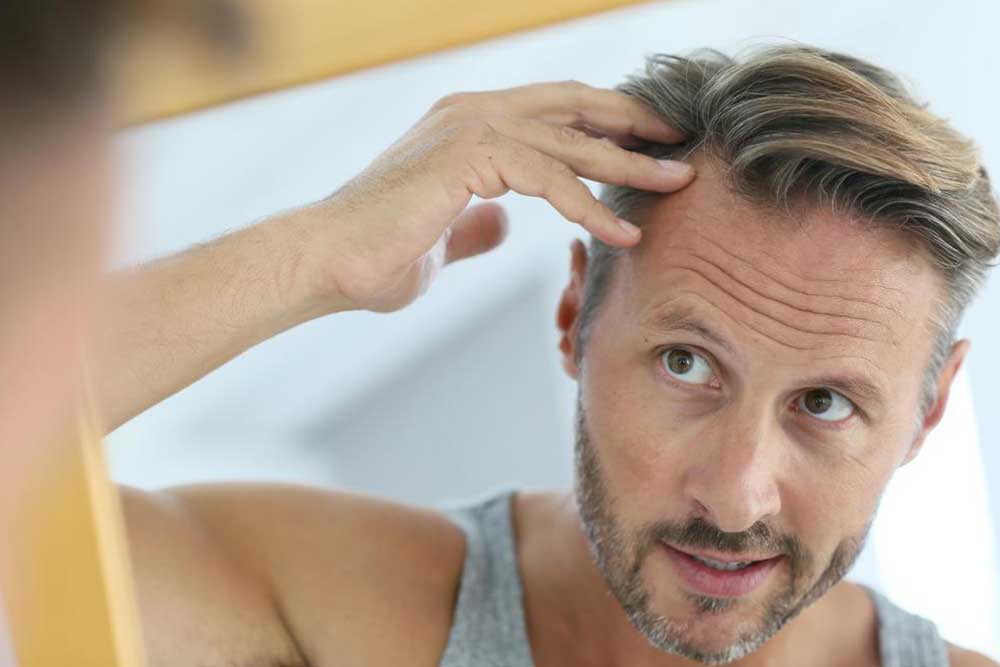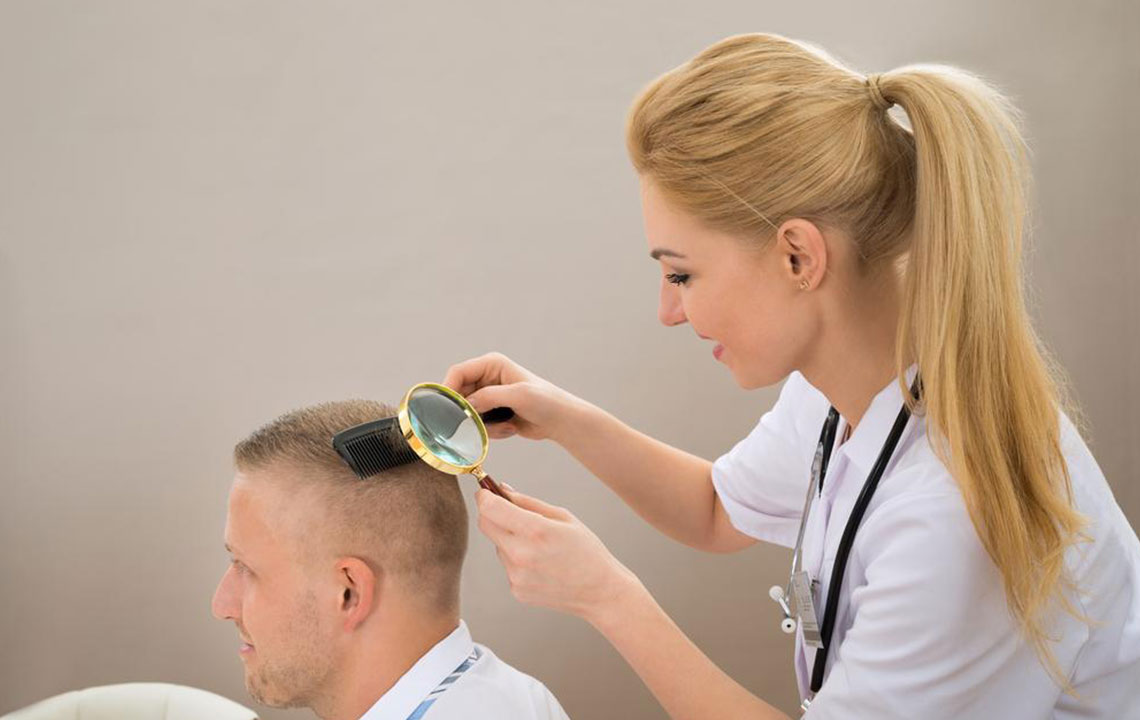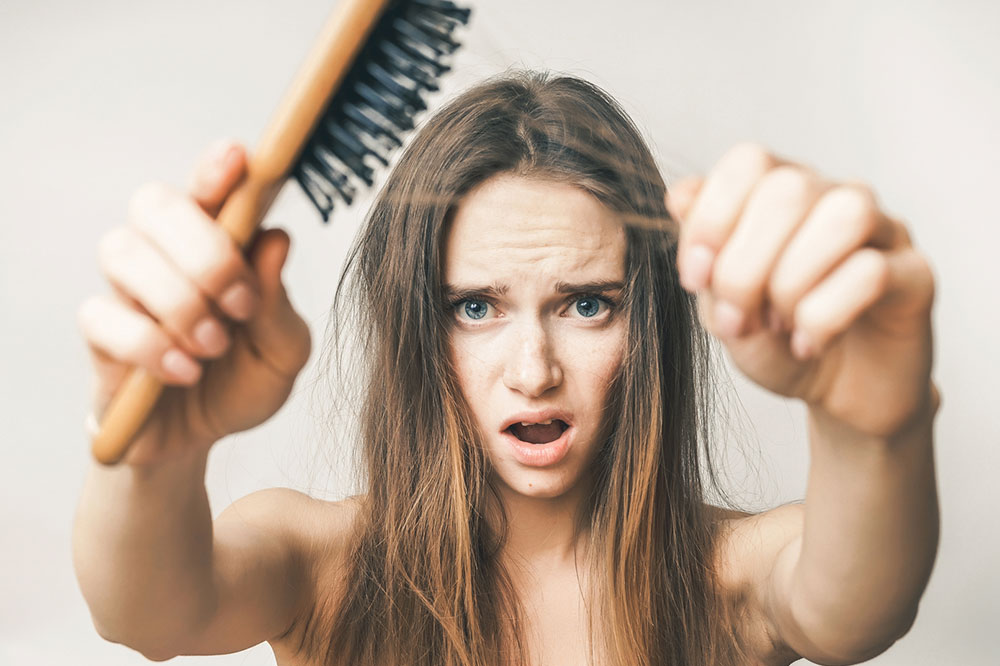Effective Strategies to Prevent and Treat Hair Thinning and Hair Loss
Discover comprehensive and effective strategies to combat hair thinning and hair loss, from dietary improvements and scalp care products to advanced medical procedures like laser therapy and hair transplants. Learn how to choose the right solutions tailored to your needs and enjoy healthier, thicker hair with expert guidance and proven methods.
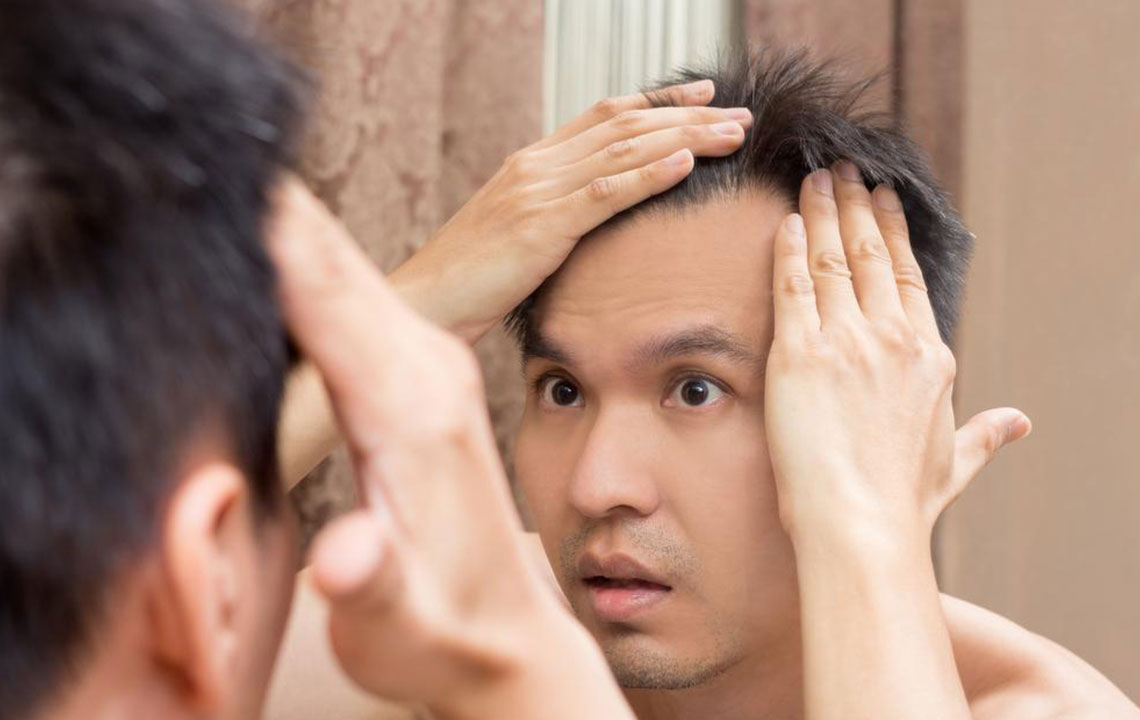
Effective Strategies to Prevent and Treat Hair Thinning and Hair Loss
For many adults, especially those in their 40s and 50s, hair thinning and loss can become a distressing issue impacting confidence and appearance. Common signs include noticing more hair strands shedding in the shower or on brushes, and seeing scalp spots becoming more prominent. While hair loss can be a natural part of aging, it often prompts individuals to seek proactive solutions to slow down or halt the process. Fortunately, there are numerous approaches, ranging from lifestyle changes and dietary improvements to medical treatments, that can help maintain healthy hair and reduce the progression of hair thinning.
Choosing the right treatment can be complex, given the variety of options available on the market. Therefore, understanding the most effective methods and key considerations for personal use is essential. In this comprehensive guide, we will explore different treatments and strategies that have proven beneficial in combating hair loss, helping you make informed decisions tailored to your needs.
Optimizing Nutrition for Hair Health
Diet plays a pivotal role in the health of your hair. Nutritional deficiencies, particularly in vitamins and minerals essential for hair growth, can accelerate hair thinning. A nutrient-rich diet that emphasizes B vitamins, particularly biotin and niacin, supports healthy hair follicles and promotes robust hair growth. Incorporate protein-rich foods such as lean meats, fish, eggs, and dairy, as hair is primarily made up of keratin, a protein. Leafy greens like spinach and kale provide essential nutrients like iron and vitamin C, which enhance scalp circulation and collagen production, further supporting hair strength. Additionally, omega-3 fatty acids found in fish and flaxseeds help sustain scalp health and reduce inflammation that can impair hair growth.
By maintaining a balanced and nutritious diet, you help ensure that your hair receives the nutrients it needs to grow resilient, reducing the risk of breakage and loss. Avoiding processed foods and excessive sugar consumption can prevent nutritional imbalances that contribute to hair thinning. Adequate hydration also promotes scalp health and hair vitality, making hydration an often-overlooked but crucial component of hair care.
Nioxin Hair Care Products for Scalp and Hair Support
The Nioxin hair care line offers a range of specialized shampoos, conditioners, and scalp treatments formulated to improve scalp health and support existing hair. While they are not cures for baldness, these products can enhance hair appearance and strengthen hair strands through nourishing ingredients. Many of their formulations contain natural extracts like mint, which stimulates scalp circulation, and botanical oils such as rosemary, known for their scalp-boosting properties. Regular use can result in shinier, more voluminous hair and a healthier scalp environment, vital for ongoing hair maintenance.
What sets Nioxin apart is its focus on scalp health, recognizing that a healthy scalp is the foundation for healthy hair growth. Free from harsh chemicals such as parabens, sulfates, and artificial dyes, their products are suitable for sensitive scalps and daily use. For those experiencing mild thinning or seeking to improve the overall condition of their hair, Nioxin presents an effective and non-invasive approach. Pairing these products with a proper hair care routine can significantly enhance the appearance and strength of your hair over time.
Professional and Home Laser Therapy Devices
Laser therapy devices have gained popularity as a non-invasive approach to managing hair thinning. Devices like laser combs, caps, and brushes emit low-level laser light (LLLT) to stimulate blood flow and cellular activity within hair follicles, promoting a healthier scalp and potentially slowing hair loss. Brands such as HairMax offer compact, user-friendly devices that you can operate at home, making treatment convenient and accessible.
While laser therapy does not create new hair follicles, it helps preserve existing hair by strengthening hair strands and improving scalp health. Regular use, typically for about 15-20 minutes daily, over a period of several months, can lead to a visible increase in hair density and overall hair quality. It’s a safe option with minimal risks, suitable for both men and women experiencing early-stage thinning. Consulting a dermatologist or hair specialist can help determine whether laser therapy is appropriate for your specific condition and guide you on optimal usage protocols.
Advanced Medical Solutions: Hair Transplants
For individuals with more advanced hair loss or those seeking permanent results, hair transplant surgeries remain a highly effective solution. Traditional methods involved removing grafts from the back of the scalp in noticeable patches, but modern techniques like follicular unit extraction (FUE) have revolutionized hair restoration. FUE involves extracting individual hair follicles from donor areas, typically the back or sides of the head, and transplanting them into areas with thinning or no hair. This method results in minimal scarring, quicker recovery times, and natural-looking results.
Some advanced procedures utilize hair from other parts of the body, such as the chest or stomach, especially for patients with limited donor hair on the scalp. This approach, known as body hair transplantation, expands options for those with extensive hair loss. Modern transplant techniques aim for a seamless blend with existing hair, making the results virtually indistinguishable from natural growth. While the cost can be significant, many consider a hair transplant a worthwhile investment in long-term appearance and confidence.
Post-surgery care includes proper scalp hygiene and possibly medications to support the transplanted hair's survival and growth. Consulting experienced and accredited clinics ensures optimal outcomes and reduces the risk of complications.
Medication Options: Minoxidil and Other Therapies
Topical medications like Minoxidil are widely recognized for their effectiveness in treating hair loss. Approved by the FDA, Minoxidil helps to extend the hair growth phase and supports existing hair strands, making it a popular choice for those looking to slow progression. Available over-the-counter in various strengths, Minoxidil is typically applied directly to the scalp twice daily, focusing on areas of thinning such as the crown.
Consistent use is crucial. Discontinuing treatment often results in the resumption of hair loss, which underscores the importance of ongoing commitment. Although side effects are rare, some users may experience scalp irritation or dryness. In some cases, physicians may recommend alternative therapies or adjunct treatments, such as finasteride or platelet-rich plasma (PRP) therapy, for comprehensive management of hair loss.
Choosing the right medication or combination therapy should involve consultation with a dermatologist or hair specialist to tailor a plan suited to your specific condition, hair type, and lifestyle.
Overall, combining nutritional, topical, and possibly advanced medical treatments offers the best approach to effectively combat hair thinning and loss, helping you maintain a fuller, healthier head of hair for years to come.
